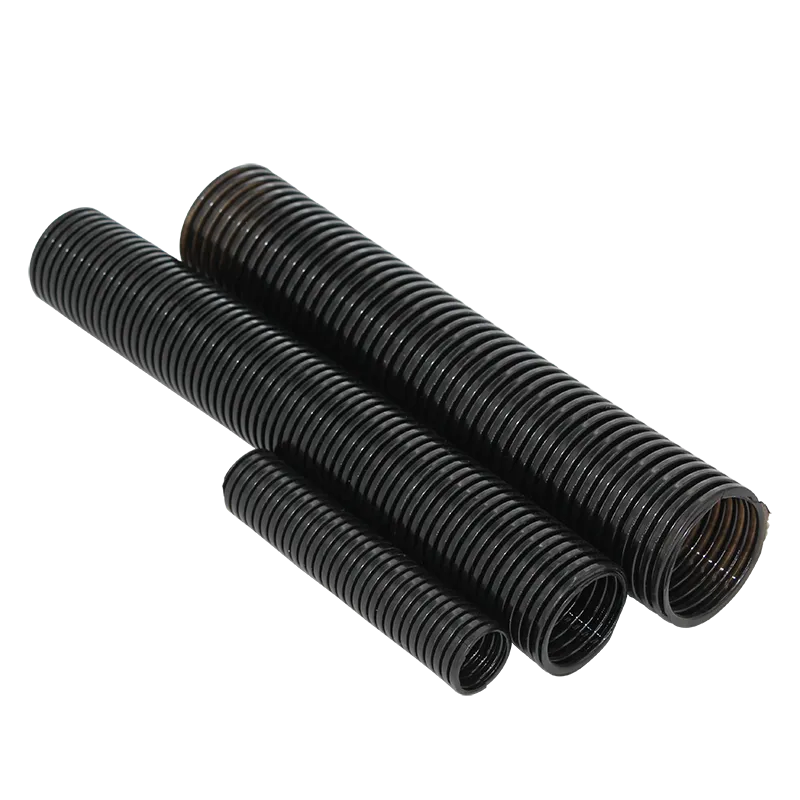steel cable carrier
Understanding Steel Cable Carriers Essential Components for Modern Machinery
In today’s fast-paced industrial environment, the efficient movement and management of cables and hoses are crucial for machinery and manufacturing processes. One of the key players in ensuring smooth operations is the steel cable carrier. These robust and flexible systems are designed to guide and protect cables, hoses, and wires, preventing tangling and wear while allowing for mobility in machinery. This article will explore the features, benefits, and applications of steel cable carriers in various industries.
What is a Steel Cable Carrier?
A steel cable carrier, also known as a drag chain or energy chain, is a device that houses and supports electrical cables and hydraulic hoses. Typically constructed from high-quality steel, these carriers are engineered to withstand challenging environmental conditions, including extreme temperatures, chemicals, and abrasion. They consist of interconnected links that form a hollow channel, allowing cables and hoses to move freely as machinery operates.
Key Features of Steel Cable Carriers
1. Durability Steel cable carriers are built to endure harsh conditions. Their steel construction makes them resistant to wear and tear, enabling them to last longer than their plastic counterparts.
2. Flexibility The design of steel cable carriers allows for various configurations and lengths, accommodating different machinery setups. Their flexibility is crucial for applications requiring movement across a wide range of angles and distances.
3. Ease of Installation Many steel cable carriers come with pre-drilled holes for easy mounting. This feature simplifies the installation process, minimizing downtime during assembly.
4. Maintenance-Free Operation High-quality steel cable carriers are designed for minimal maintenance needs. This factor reduces overall labor costs and machine downtime, leading to enhanced productivity.
steel cable carrier

5. Protection Against Environmental Factors Steel carriers offer superior protection against dust, moisture, and chemicals, making them suitable for use in indoor and outdoor settings.
Benefits of Using Steel Cable Carriers
1. Enhanced Safety By organizing and protecting cables and hoses, steel cable carriers reduce the risk of entanglement, which can lead to hazards and accidents in the workplace.
2. Increased Efficiency The smooth movement of cables not only reduces friction but also enhances the operational efficiency of machines. This streamlined performance is critical in sectors where precision and speed are paramount, such as robotics and automation.
3. Cost-Effectiveness Investing in durable steel cable carriers can lead to significant cost savings in the long run. Their lifespan and low maintenance requirements translate to fewer replacements and repairs, allowing businesses to allocate resources more effectively.
Applications Across Industries
Steel cable carriers are employed in a multitude of industries, including manufacturing, automotive, aerospace, and construction. In factories, they support moving components of production lines, ensuring that machinery operates smoothly and efficiently. In the automotive sector, they handle various electrical and hydraulic lines in assembly robots, improving precision in vehicle manufacturing. Furthermore, in the aerospace industry, steel cable carriers protect sensitive wiring and ensure reliable operation in high-stakes environments.
Conclusion
In summary, steel cable carriers play a vital role in modern machinery and industrial applications. Their durability, flexibility, and maintenance-free operation make them an essential investment for businesses seeking to enhance efficiency and safety. As industries continue to evolve and machinery becomes more complex, the importance of these reliable carriers will only continue to grow. Understanding their value and applications is essential for anyone in the manufacturing or engineering sectors looking to improve their operations. Whether in automation or heavy machinery, steel cable carriers are indeed the backbone of efficient cable and hose management.








